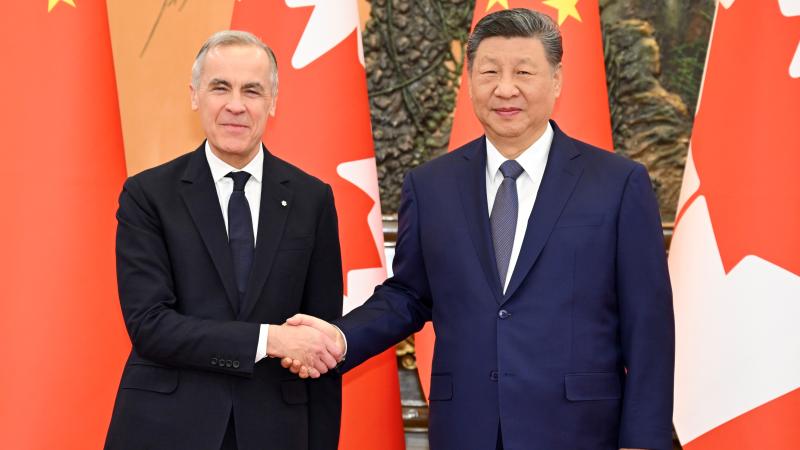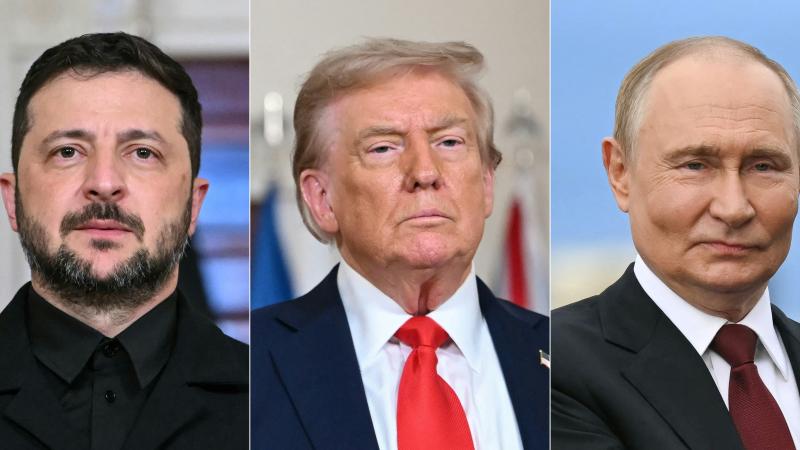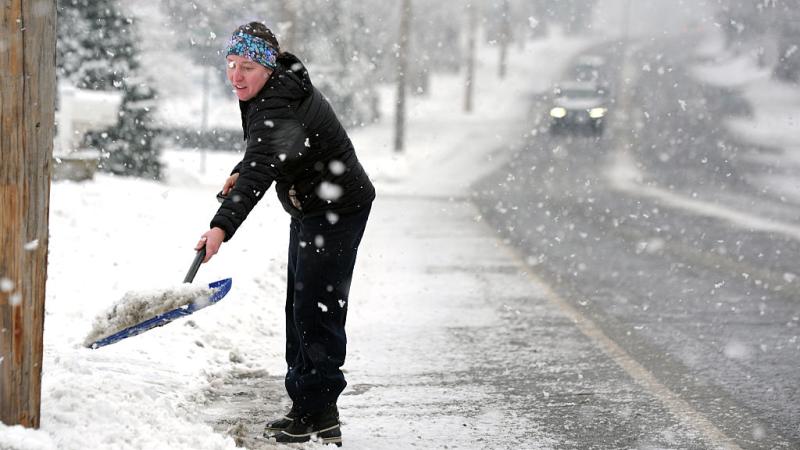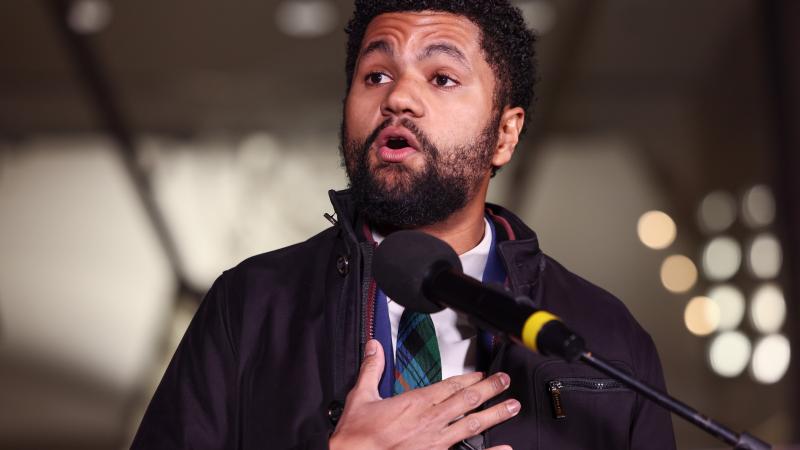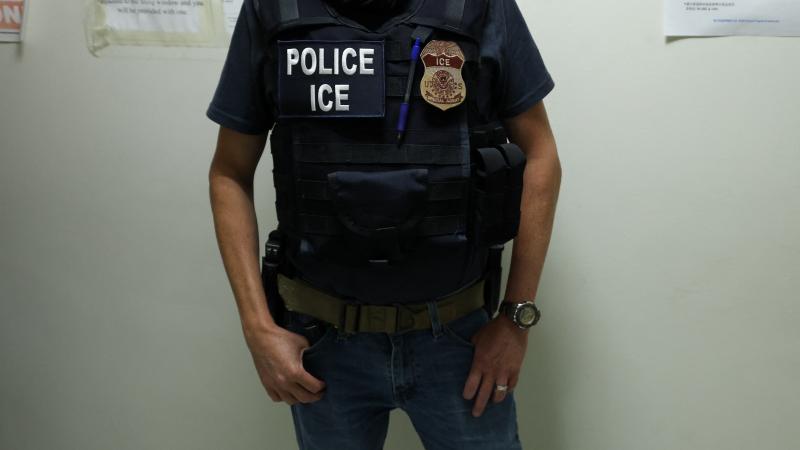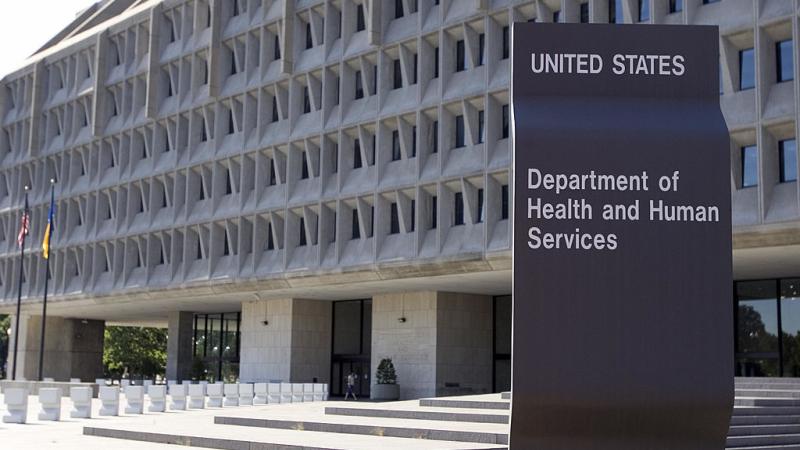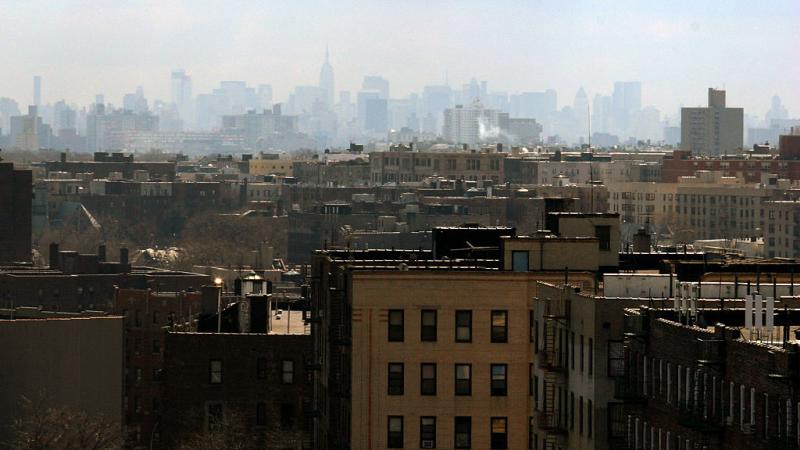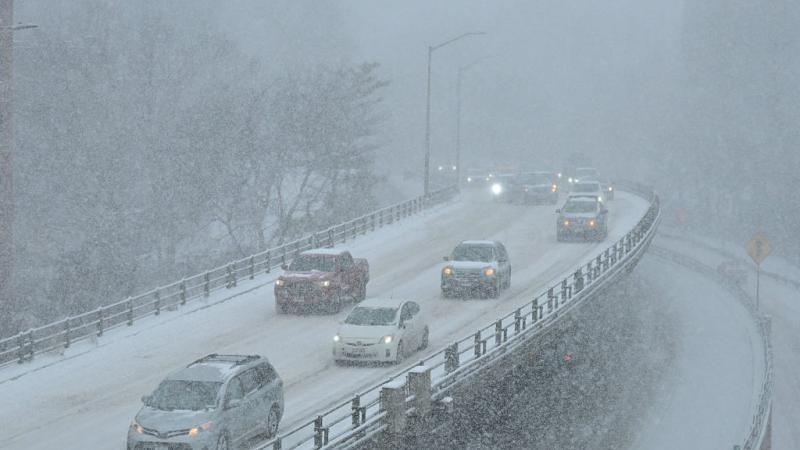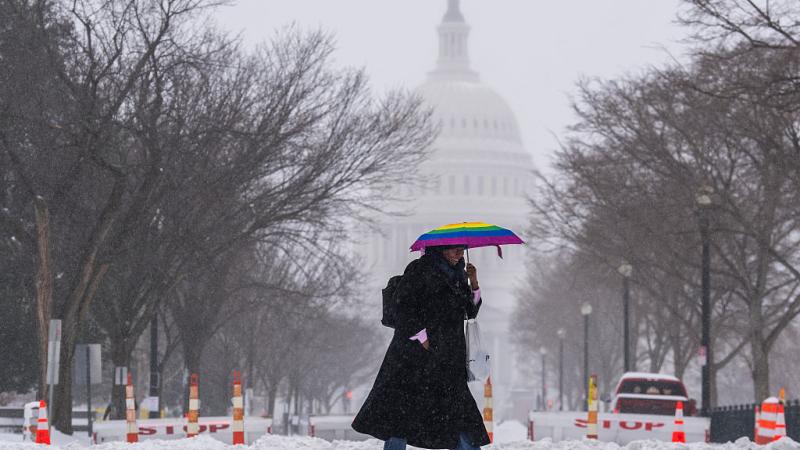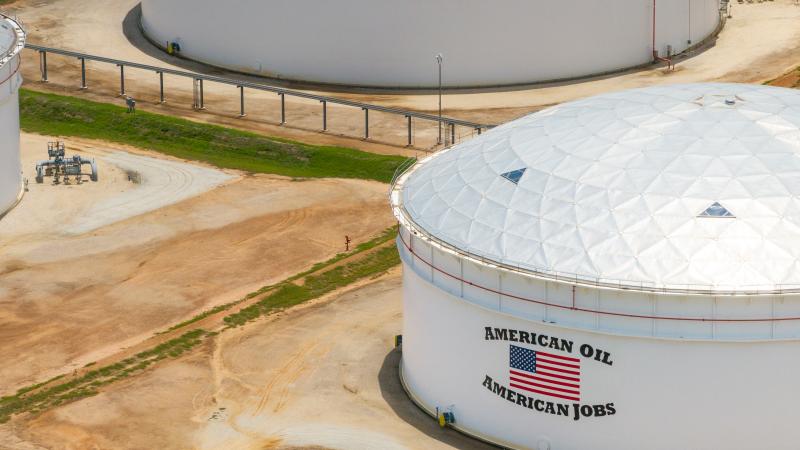UN delivers final nail in the coffin of 2015 Iran nuclear deal, set to impose snapback sanctions
The setback for Iran follows the elimination of many of its proxies across the Middle East and the American and Israeli strikes on its nuclear program.
After President Donald Trump exited the deal in his first term and bombed Iran’s nuclear facilities in his second, the United Nations Security Council hammered the final nail into the coffin of the 2015 nuclear agreement by voting Friday to reimpose UN sanctions on the regime at the end of the month.
The vote came after other signatories of the 2015 Joint Comprehensive Plan of Action, or JCPOA, invoked a “snapback” mechanism to restore the global body’s sanctions against the Iranian government over its illicit nuclear program.
This is the third major blow to the Iranian regime and its nuclear ambitions this year. It follows Israeli strikes against military targets throughout the country and an ambitious American bombing of the regime’s key nuclear sites.
Putting more pressure on Iran
The American bombing raid in particular set Iran’s nuclear program back decades and halted its ability to further enrich nuclear fuel, at least for now, the U.S. government and experts at the International Atomic Energy Agency independently assessed.
Nonetheless, the US and its Western allies view the sanctions snapback as a way to put more pressure on the regime to engage in actual negotiations about its nuclear program, not as an end goal.
"To be absolutely clear, our vote on this resolution does not impede the possibility of real diplomacy, despite any statements to the contrary," Acting US Representative to the United Nations Dorothy Shea said at the Security Council on Friday.
"It is incumbent on the international community to not accept Iranian half measures or efforts to delay accountability," she added. "We must, with one voice, press leadership in Iran to choose the path of peace and, by extension, prosperity for the Iranian people."
Iran reacts to the movement
Iran has projected defiance in the face of the renewed sanctions threat, calling the decision “unlawful.”
"Today’s move ... carried out without consensus and despite serious opposition from several Council members, further undermines the credibility of the Security Council" said Iran’s foreign ministry in a statement. "(Iran) reserves the right to respond appropriately to any unlawful action.”
The regime is weighing a withdrawal from the Nuclear Nonproliferation Treaty, of which it is a signatory and which it is accused of violating with its clandestine nuclear program. The regime has also said that it would suspend any interim deals that allow inspectors to observe its nuclear facilities.
The US formally withdrew from the JCPOA in 2018 under President Trump and his successor, President Biden, never rejoined the pact because it assessed that Iran was not in compliance with the terms. However, the European powers never pulled out of the agreement, holding out hope that Iran would return to the framework.
Iran had breached the enrichment limit in the agreement
However, after the U.S. withdrew from the agreement, the Iranian regime resumed enrichment of uranium, a key fuel for nuclear weapons, above the limit prescribed by the pact.
The snapback mechanism was included as a way for the signatories to ensure that Iran complied with the agreement. At the time, the deal was signed by the United States, Russia, China, the United Kingdom, France and Germany.
The International Atomic Energy Agency confirmed in July 2019, about one year after the U.S. withdrawal, that Iran had breached the enrichment limit. The regime also broke provisions of the agreement restricting activities at certain nuclear sites and expanded its centrifuge capacity. Centrifuges are machines used to enrich uranium.
Macron: "Iranians are not serious"
With the deadline for the snapback approaching at the end of the month, Iran petitioned the E3—the UK, France and Germany—to extend the deadline for several months in exchange for the Iranians resuming negotiations with the United States about its nuclear programs. But, the Europeans reportedly did not view the Iranian proposal as serious.
French President Emmanuel Macron said Thursday he believed a snapback of the UN sanctions was likely because “the latest news we have from the Iranians are not serious."
The French leader acknowledged that Iranian Foreign Minister Abbas Araghchi “tried to make a reasonable offer" to reach an agreement with the European signatories, but other members of the Iranian government did not support those efforts.
When the deadline to suspend the enforcement of snapback sanctions passes, Iran will again be subject to several UN-backed sanctions regimes that were in place before the 2015 nuclear deal was signed. These will increase pressure on the already beleaguered regime, which has been hit with a renewed “maximum pressure” sanctions campaign by the Trump administration.
These pre-2015 sanctions include a conventional arms embargo, restrictions on its ballistic missile program—including technology transfers, bans on producing or transferring nuclear technology, asset freezes, and travel bans.
Russia supports Iran's position
Theoretically, these UN sanctions are supposed to be enforced by every member of the international body, which would isolate the regime. However, it is not known whether Iran’s chief partners, China and Russia, would consent to enforcing them.
The Russian representative at the Security Council accused the E3 of "grossly violat[ing]” the JCPOA’s procedures.
“Their only goal now is to use the council as a tool for their bad faith play, as a lever to exert pressure on ... a state which is trying to defend its sovereign interests," he continued.
"Here you have a very good illustration of the fact that our European colleagues do, in essence, reject diplomacy. They prefer the language of blackmail and intimidation."
Renewed UN sanctions would be only the latest setback for Iran this year. President Trump came into office earlier this year promising a reordering of the Middle East. Key parts of his vision for the region included dealing major blows to the twin pillars of Iran’s bid for regional supremacy—its illicit nuclear program and a network of foreign proxies.
The Iranian regime’s nuclear weapons program has been a thorn in the side of successive U.S. administrations since the first stages of development began covertly in the 1990s. The Trump administration in particular viewed Iran’s aim to possess a nuclear weapon as a bright red line, given the regime’s long-time hostility to America and to other allies in the region.
From the earliest days of his new administration, Trump made clear that he intended to return to the signature policies of his first administration, signing an executive order directing the government to apply “maximum pressure” to the government of Iran to hamper its nuclear program, starve it of oil revenues, and disrupt funding to its proxy network.
The policy laid out by that order culminated in the strike against three Iranian nuclear sites earlier this summer after months of failed negotiations with the regime. Damage assessments from U.S. and Israeli intelligence agencies concluded that the regime’s nuclear program has been severely damaged.
Attacking Iran's proxies as well as their nuclear facilities
For the first time last week, an independent nuclear monitor found that Iran has “no identifiable route” to enrich uranium after the strikes likely severely damaged its centrifuges and nuclear facilities, Just the News reported.
The U.S. and long-time ally Israel have also dealt major blows to Iran’s network of proxies across the region, weakening the second pillar of the regime’s power. Israel has crushed Lebanese Hezbollah and Hamas in Gaza, depriving Iran of two key proxies that served as a proverbial knife at Jerusalem’s throat in any potential conflict with Iran.
Trump took on the Iran-backed Houthis in Yemen, who were threatening commercial shipping traffic and military vessels transiting the Bab al-Mandab strait to and from the Red Sea, and by extension, the strategically important Suez Canal. In March, Trump ordered several bombing campaigns against the Houthis.
The strikes forced the group into a ceasefire deal. Since then, commercial traffic in the strait has increased by 60% from lows last year, according to European officials.
Hezbollah remained a powerful force in Lebanon until it was severely weakened last year by Israeli military attacks, one of which killed the group’s longtime leader. The group was forced into a ceasefire and has retreated away from the Israeli border.
Exploiting Hezbollah’s weakness, Syrian opposition groups rapidly advanced on the capital, Damascus, and overthrew the reigning dictator, Bashar al-Assad—another close ally of Iran that used the regime’s support, both directly and through Hezbollah, to stay in power.
The Facts Inside Our Reporter's Notebook
Links
- invoked a âsnapbackâ mechanism
- halted its ability to further enrich nuclear fuel,
- Shea said at the Security Council
- interim deals
- broke provisions of the agreement
- Macron said Thursday
- subject to several UN-backed sanctions regimes
- accused the E3
- promising a reordering of the Middle East
- signing an executive order
- Iran has âno identifiable routeâ to enrich uranium
- commercial traffic in the straight has increased by 60%
